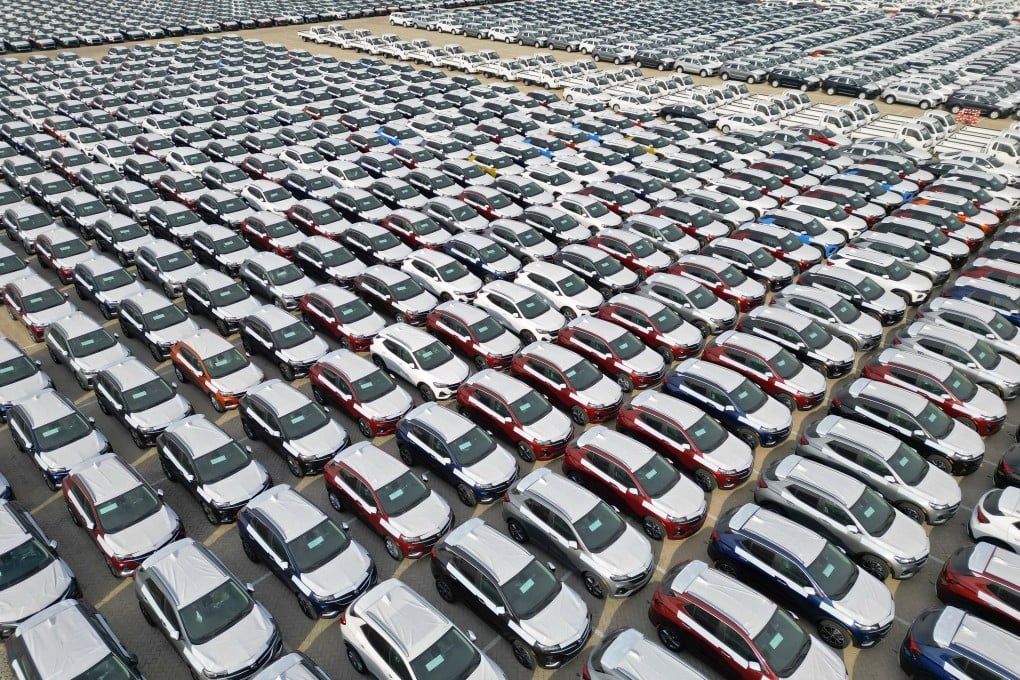Advertisement
Opinion | Far from dying, a new globalisation is emerging – driven by China and the digital economy
- An important feature of the new globalisation is China’s Global Development Initiative and a renewed, non-exploitative focus on the Global South
- The other is the growth of the digital economy and non-dollar-denominated digital currencies that enable cross-border trade
Reading Time:3 minutes
Why you can trust SCMP
27

The idea that globalisation has ended is growing in popularity with some economic analysts. Parallel to this is the idea that China is no longer a player in globalisation as near-shoring replaces the offshoring of supply chains.
Certainly, the United States with its increasing protectionism seems to be removing itself from globalisation. Its policies accelerate the deconstruction of globalisation, replacing it with protectionist sovereign economics. This is ultimately a self-defeating approach because it deprives the economy of the benefits of globalisation, which provide a variety of product and service choices at competitive prices.
The full return of China to a global market will counter the inflationary pressures bedevilling many Western economies. In many ways, China’s greatest export before Covid-19 was economic deflation.
Advertisement
Most obviously, Western economies depended on more cheaply produced Chinese goods and services to keep inflation down. This deflationary impact was felt from computers to household goods and the equipment that underpinned economic growth.
The forecast end of globalisation is at best an example of Western market hubris. In reality, globalisation has been with us in some form for hundreds of years.
Advertisement
The Silk Road was one of the first aspects of globalisation, bringing silks and tea to Europe. It was followed by the European age of exploration which put spices from the East Indies on the tables of Europe and introduced chillies from South America to China, and in particular Sichuan province.
Advertisement
Select Voice
Select Speed
1.00x
